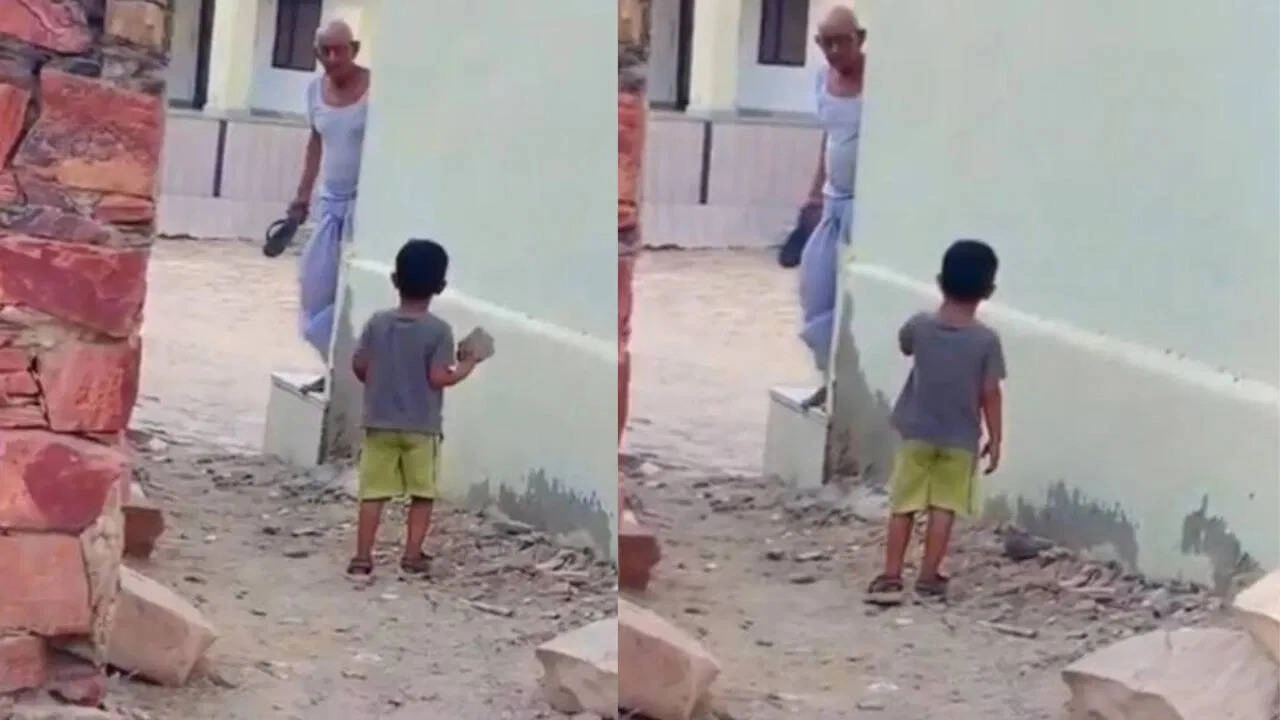In a recent session at the United Nations, India vehemently criticized Pakistan, labeling it as a nation that inflicts violence upon its own citizens. This strong denunciation came during a discussion that highlighted various global issues, but India chose to focus on Pakistan’s internal and external policies, particularly in relation to terrorism and human rights violations. India’s representative underscored that Pakistan’s history is marred by a consistent pattern of aggression, not only towards its neighbors but also against its own populace. The rhetoric emphasized the need for the international community to recognize and address the pressing issue of state-sponsored violence and human rights abuses perpetuated by the Pakistani government.
India’s statement at the UN was a significant moment, as it brought to light the complex geopolitical dynamics of South Asia. By characterizing Pakistan as a country that bombs its own people, India aimed to shift the narrative surrounding terrorism and violence in the region. The Indian delegation highlighted instances of state violence in Pakistan, particularly in regions like Balochistan and Khyber Pakhtunkhwa, where allegations of human rights abuses have been reported. This assertion served to reinforce India’s stance that Pakistan should be held accountable for its actions, both domestically and internationally.
The broader implications of India’s remarks extend beyond the immediate context of Indo-Pak relations. By framing the discussion in this manner, India seeks to garner international support in its ongoing efforts to combat terrorism and promote human rights. The call for accountability resonates with many countries that have also faced challenges related to state-sponsored violence and terrorism. Furthermore, India’s bold statement could influence future UN discussions and resolutions concerning Pakistan, potentially leading to increased scrutiny of its policies and practices.
In conclusion, India’s pointed critique of Pakistan at the United Nations reflects not only the historical animosity between the two nations but also a strategic attempt to reshape the dialogue surrounding terrorism and human rights in the region. By drawing attention to Pakistan’s internal issues, India is advocating for a more nuanced understanding of the challenges facing South Asia, while simultaneously reinforcing its position as a responsible global actor committed to the promotion of peace and stability. This exchange at the UN serves as a reminder of the complexities involved in international relations and the ongoing struggle for human rights in areas afflicted by conflict and violence.




